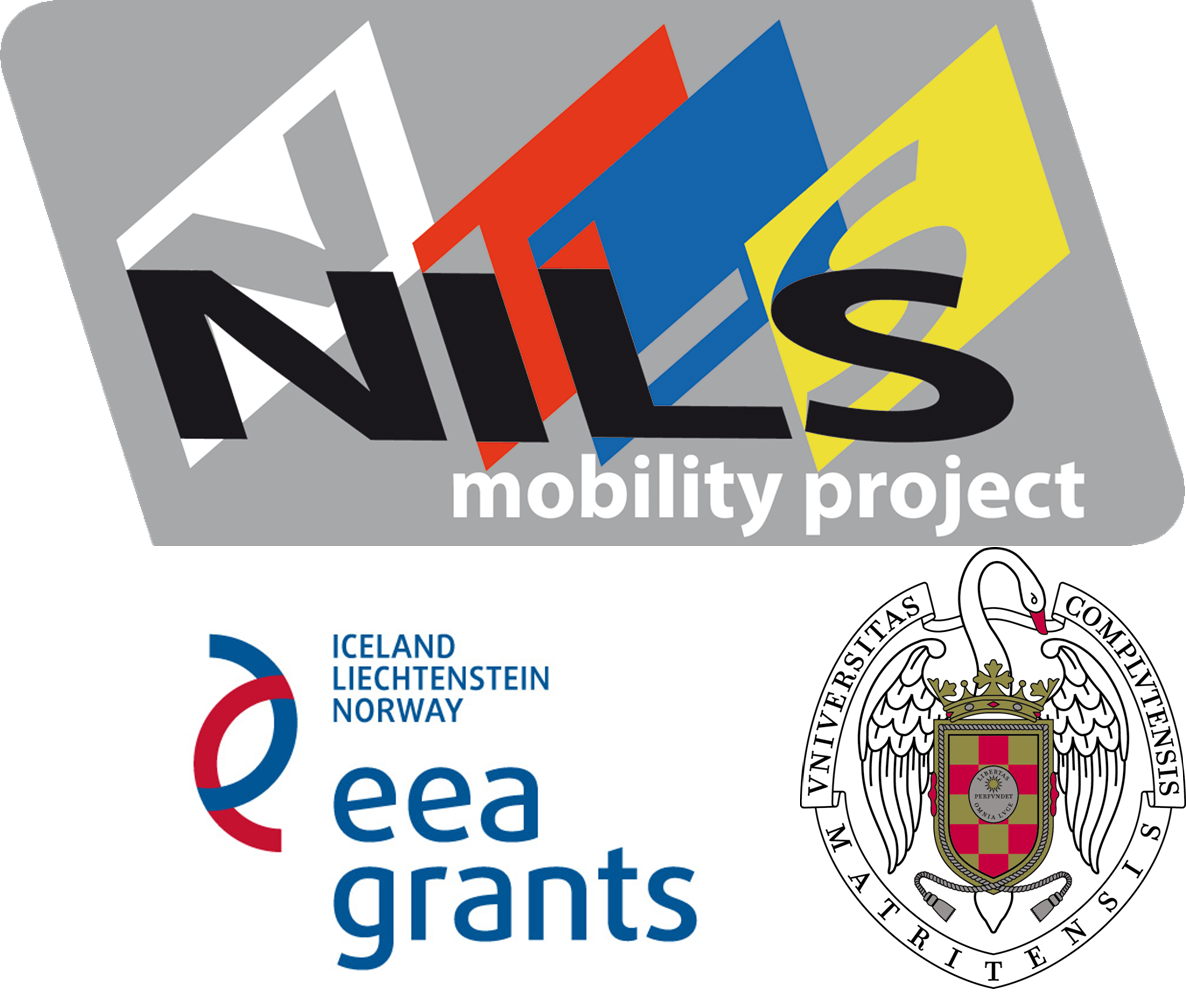This is an old revision of the document!
EVOLVABLE HARDWARE-BASED DIGITAL FILTER TO HANDLE PATIENT AND SENSOR VARIABILITY IN CONTINUOUS GLUCOSE SENSOR MEASUREMENTS OF ARTIFICIAL PANCREAS
Project 014-ABEL IM-2014A –UCM-EEA Abel Extraordinary Chair– Coordinated Mobility of Researchers - NILS Science and Sustainability (ES07)
OVERVIEW
Diabetes Mellitus is a disease that affects millions of people worldwide. It causes the sugar cannot enter the cells, raising the blood glucose levels (BG). A high percentage of patients cannot normalize their BG levels with the current treatments, so lately much research is devoted to creating an artificial pancreas. Some of the issues that affect the reliability of the continuous glucose sensor (CGS) are the noise, degeneration, calibration, and adaptability of the CGS algorithms to the patient’s features. Currently, there are several approaches to address the problems of calibration, time-lag between BG and interstitial glucose (IG) measurements, and filtering of signals coming from CGS. All of them have in common the lack of adaptability to changes in the sensor's parameters (due to electronic aging or variations in the patient/sensor interface), in the patient's parameters (i.e. stress level, sport activity, circadian rhythm, etc.), and modifications in the environment where the system operates (i.e. high EM noise levels).
All these problems can be addressed comprehensively by applying evolvable hardware (eHW) techniques to the design of the filters that process the signal generated by the sensor. However, up-to-date no research group has tackled this problem with this approach. eHW, unlike the classic hardware, can modify its design in run-time to adapt to any change in the circuit working condition. These modifications occur without external intervention nor previously knowledge of the changes that can occur in the sensor or patient. This adaptability is the key feature that will enable the tuning of the filter algorithms to the variable features of the patient, sensor, and environment.
Objectives
The main goal of the project is to evaluate the viability of the eHW to improve CGS measurements. To this aim, we design and compare different implementations of evolvable digital filters and draw some conclusions about the most appropriate application in the CGS for each kind of implementation.
Working stays
Oscar Garnica (Universidad Complutense de Madrid) visited University of Oslo from 1st of June to 31st of July of 2015.
Outcomes
To contribute to academic scholarship, policymaking and practitioners through publications in international journals and further dissemination of outcomes of the research project at international conferences and stakeholder forums.
Supported by a grant from Iceland, Liechtenstein and Norway through the EEA Financial Mechanism, operated by Universidad Complutense de Madrid.

